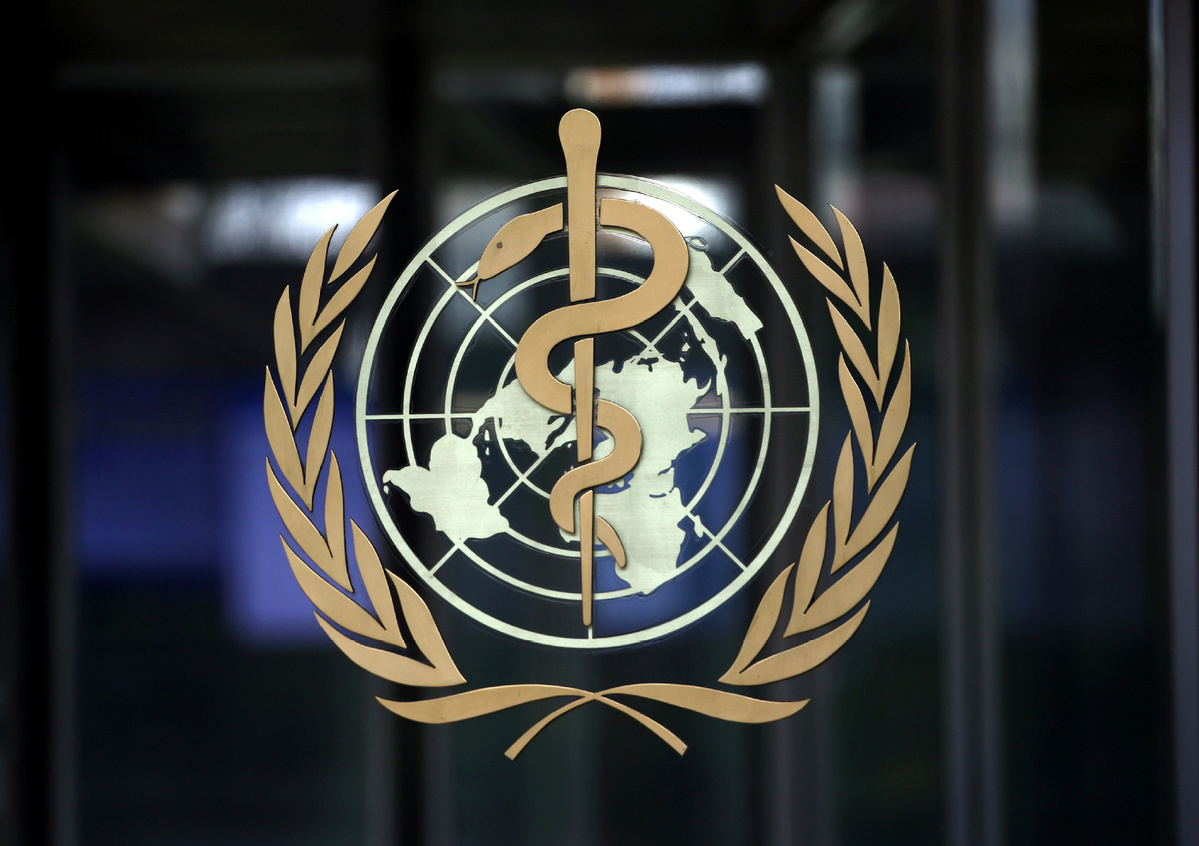No evidence suggests people with COVID-19 antibodies protected from secondary infection: WHO
Xinhua | Updated: 2020-04-26 07:04

GENEVA -- There is currently no evidence that people who have recovered from COVID-19 and have antibodies are protected from a second infection, the World Health Organization (WHO) said in a daily situation report on Saturday.
Although many studies show that people who recovered from COVID-19 have antibodies to the novel coronavirus, also known as SARS-CoV-2, the WHO noted, some of these people have very low levels of neutralizing antibodies in their blood.
"As of April 24, 2020, no study has evaluated whether the presence of antibodies to SARS-CoV-2 confers immunity to subsequent infection by this virus in humans," stressed the UN health agency.
Some countries have suggested that the detection of antibodies to the novel coronavirus could serve as the basis for an "immunity passport" or "risk-free certificate", which would enable individuals to travel or return to work, assuming that they are protected against re-infection.
However, there is still a lack of sufficient evidence for the effectiveness of antibody-mediated immunity to guarantee the accuracy of an "immunity passport" or "risk-free certificate, the WHO underlined, warning that "the use of such certificates may therefore increase the risks of continued transmission."
According to the UN agency, laboratory tests that detect antibodies to SARS-CoV-2 in people, including rapid immunodiagnostic tests, need further validation to determine their accuracy and reliability.
























